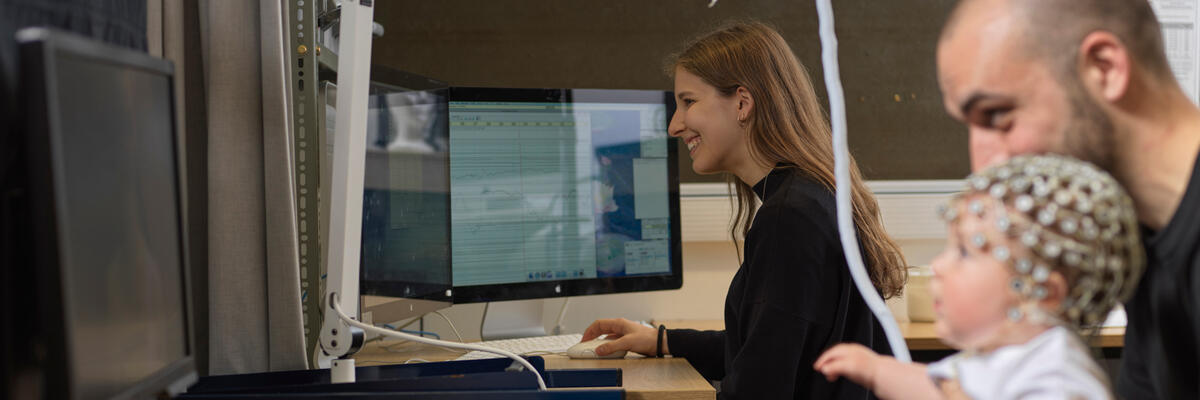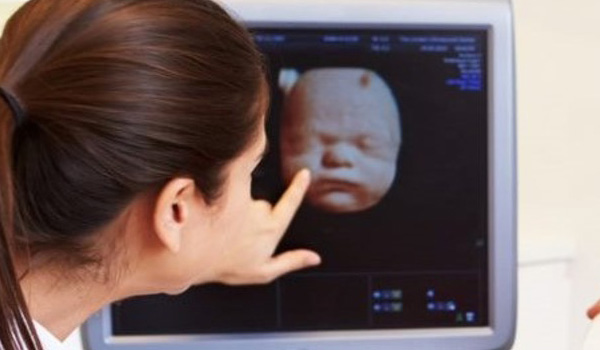Our research encompasses four major disciplines within Psychology: Development, Cognition, Social, and Neuroscience. These core areas comprise our research communities, and researchers collaborate closely within and across communities.
A strength of our approach at Lancaster University is that the themes of our research often cut across these areas, with many of our researchers collaborating on interdisciplinary projects that extend across all University Faculties, Research Institutes, and Centres. Our research focuses on both theoretical advancement and the impact psychology can have on wider societal issues. We have state-of-the-art research facilities within our purpose-built Whewell building, such as eyetracking, TMS, EEG, and fNIRS systems, as well as specialist facilities for developmental testing.



.jpg)
.jpg)
.jpg)

.jpg)
.jpg)

.jpg)
.jpg)
.jpg)
.jpg)
.jpg)
.jpg)





